Brazil's real jumps after central bank hints at end of easing cycle
- Brazil posts 8.3% jump in Oct retail sales.
- Vale supported by record iron ore prices.
- Peru central bank set to hold rate at 0.25%.
The Brazilian real surged on Thursday, outperforming its Latin American peers after the central bank for the first time suggested its easing cycle could end soon, while data showed a surprise jump in retail sales in October.
The real advanced more than 2.5% to hit a new six-month high of at 5.0380 per dollar.
Brazil central bank's rate-setting committee known as Copom kept its key interest rate at a record low 2.00% and said conditions for forward guidance still hold, but for the first time, outlined a scenario where that guidance could be withdrawn.
"That does not mean that the central bank will soon hike rates, but at least rate hikes are slowly becoming a prospect again," said You-Na Park-Heger, FX & EM analyst at Commerzbank, in a note.
Separately, government figures showed retail sales in Brazil jumped to a record high in October, reinforcing signs of a recovery from the worst of the coronavirus crisis.
The real has rallied about 13% from its late-October trough of 5.8077 per dollar on signs of revival in Latin America's largest economy and optimism around the rollout of COVID-19 vaccines.
Sao Paolo shares jumped to their highest level since February. Index heavyweight Vale rose over a percent as the mining company benefited from a surge in benchmark iron ore futures in China.
A weak dollar broadly lifted most Latin American stocks and FX while net oil-exporter Colombia's pesos got an extra boost from crude prices jumping above $50 a barrel for the first time since March.
The Peruvian sol held steady ahead of a central bank meeting where interest rates are expected to be held at a historic low of 0.25%.
Bucking the trend, the Mexican peso slipped 0.7% to a one-week low. Mexican President Andres Manuel Lopez Obrador said that a controversial reform that would oblige the central bank to buy up cash that commercial banks cannot return to the financial system should be respected.
The planned reform has fanned concerns the central bank could end up taking in laundered money from drug cartels.


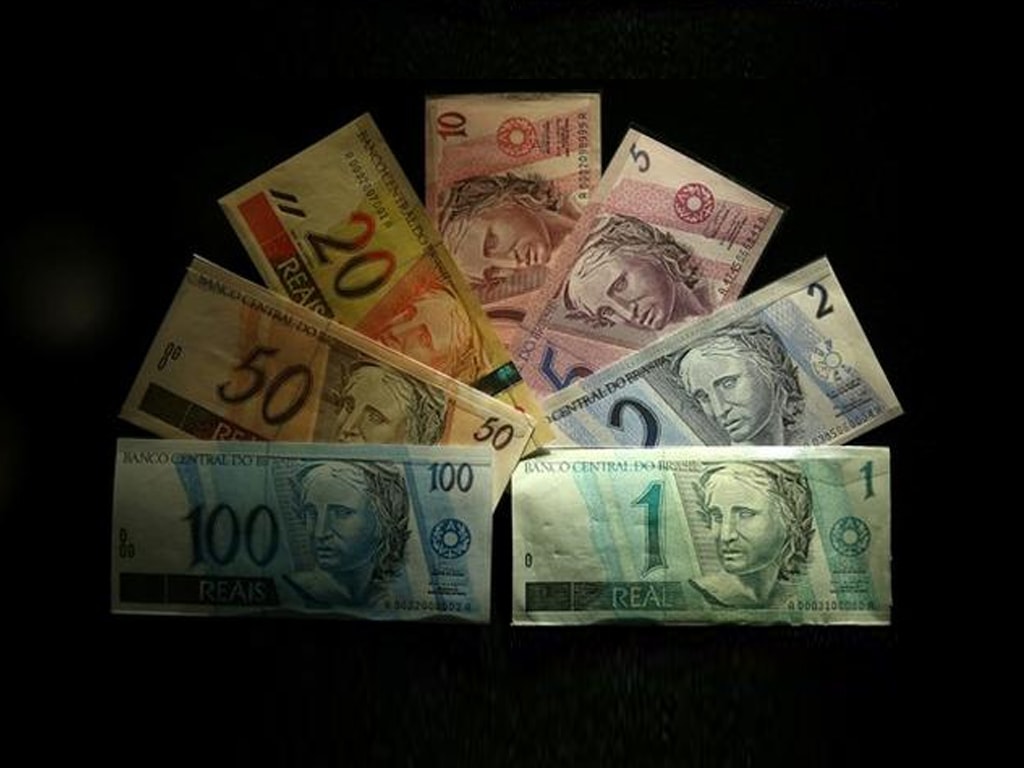

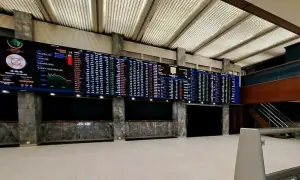





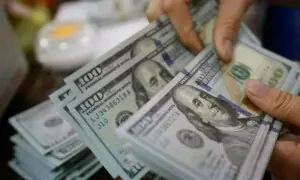
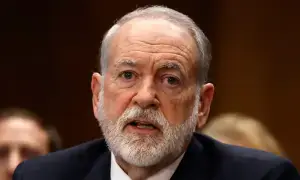
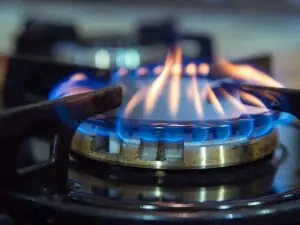

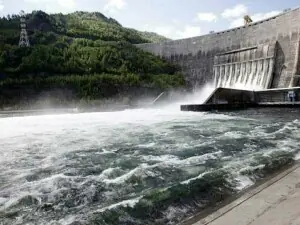
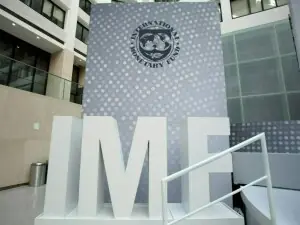
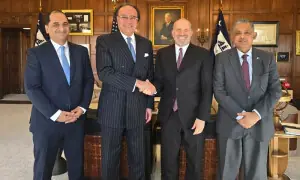


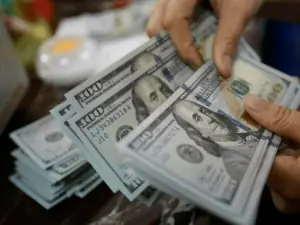
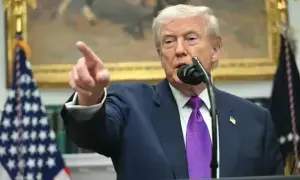
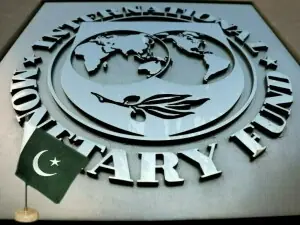
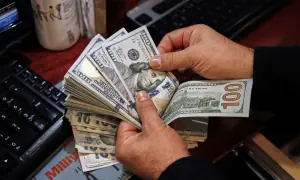

Comments
Comments are closed.